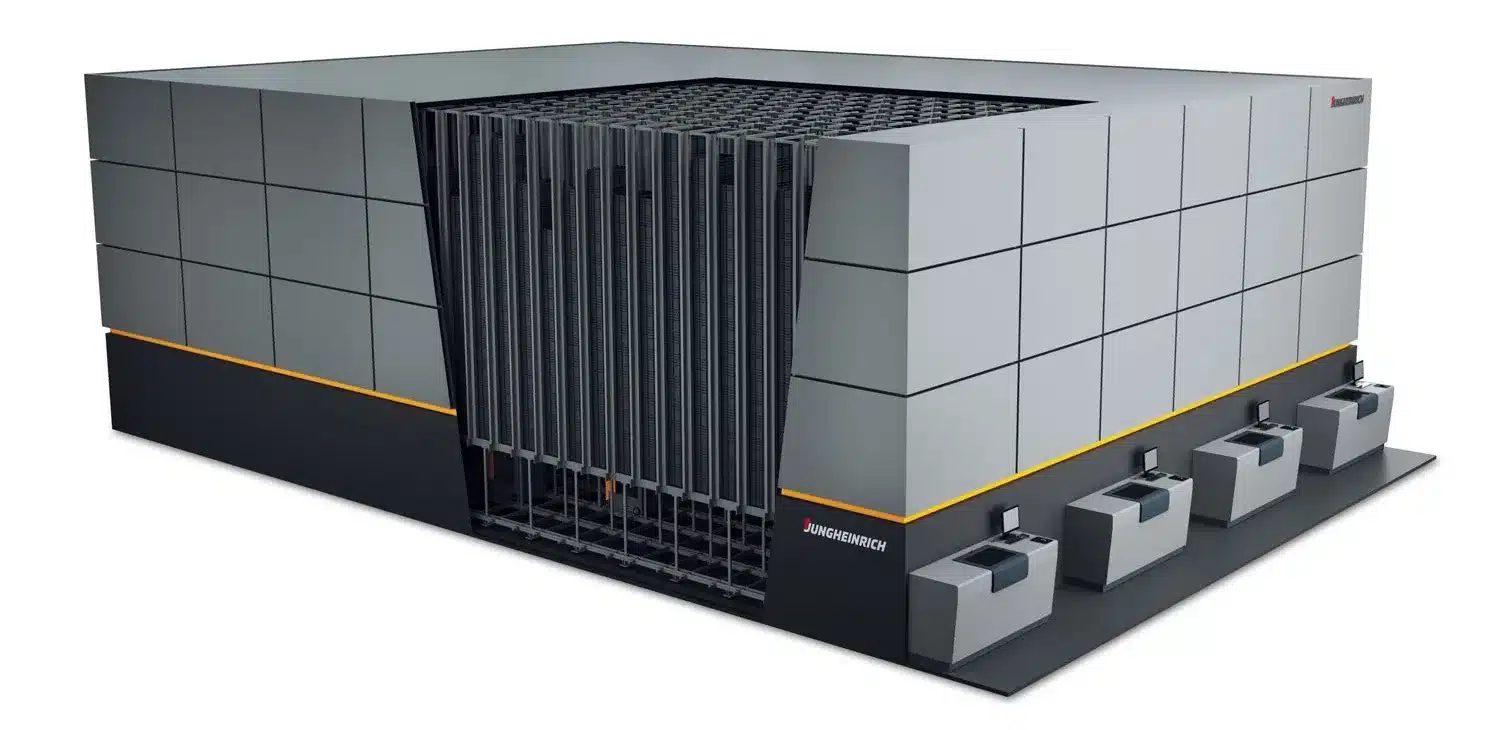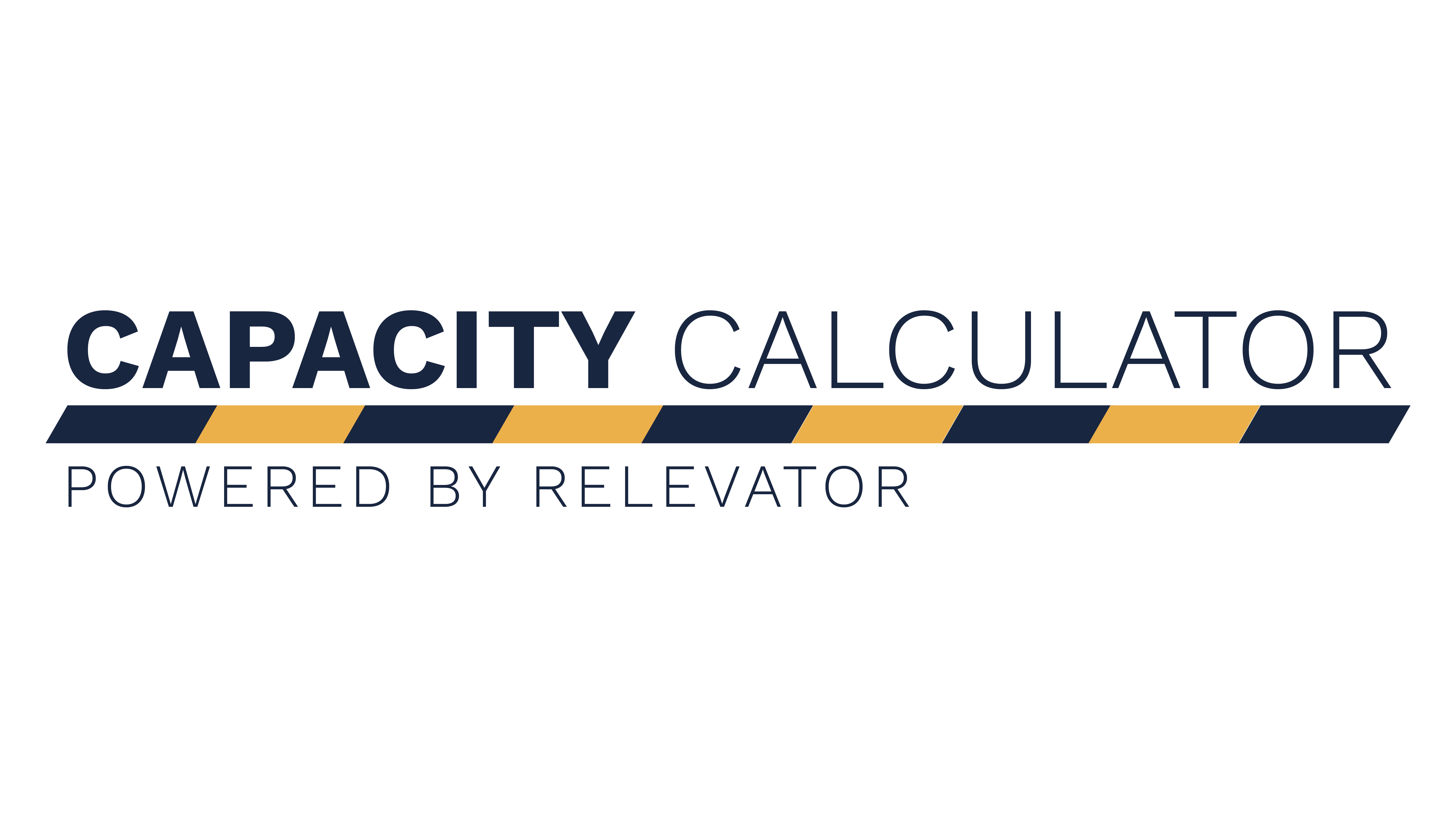

The Autostore Challengers Continue to Emerge – Does Any Measure Up Yet?
Over 10 years have passed since Autostore really started gaining traction in sales. According to their prospectus before their IPO in 2021, they grew from 12 to 512 customers between 2011 and 2021, and today the number is over 900! With such growth, it’s no surprise that competing and similar solutions would flock to the market – however, it has taken time for both established automation manufacturers and startups to produce challengers worth the name.
Alternatives and Challengers on the Market
Autostore, as an automation solution, fundamentally created the category we today call “Cubic Storage” with its innovative technology. With this in mind, and disregarding previously established alternatives such as shuttle warehouses, crane warehouses, and Vertical Lift Modules – what are the alternative cubic solutions that have entered the market to begin challenging?
At the IPO in 2021, Autostore was clear about the competitors they saw on the market – the British Ocado and the Canadian Attabotics. Among these, there was also a patent dispute between Ocado and Autostore, a dispute where an agreement on the patents was reached in the summer of 2023, and Autostore had to pay about SEK 2.75 billion for future cross-licensing.
But can 2 competing alternatives be all there is? In just the last 2 years, several competing solutions have emerged, and not least the German automation giant Jungheinrich has launched its Jungheinrich Powercube. Simply put, Powercube is an upside-down Autostore – the robots move at floor level with the bins stacked in a grid above.
Another exciting alternative is the Dutch Intellistore, launched in 2022 and part of the Dutch automation group OBS Group.
Technical Differences and Performance
One may ask what unique features each solution offers, and of course, there are variations. However, the clear customer values that all cubic solutions offer and communicate can be summarized as follows:
- Approximately 4x higher storage capacity per m² compared to traditional storage
- A significantly increased picking speed (5x-10x) compared to manual storage
- The facilities can operate 24/7
With the above as a basic offering, each automation provider then highlights their own innovations and features to stand out. Many arguments are as simple as a facility can be built higher, has a higher load capacity per bin, or does not impose as high demands on the building in which the automation is installed. If you are looking for a more detailed overview of cubic solutions, you can find it here.
The Cost Decides
At least, that’s what we believe – if any of the challengers are to truly compete with Autostore, the price of the solution will be crucial.
“Good enough”
Established automation providers come from a reality where large customers could spend hundreds of millions on an installation without blinking an eye (well, almost), and sure, it resulted in incredibly efficient and complete facilities. However, many customers only require “good enough”, at least initially, and in this market, Autostore has hit the mark and dominated completely with customers with budgets from 20 – 50 million. With a foot in the door, customers then expand their facilities, and Autostore not only gets easy additional sales but has also fended off competing automation giants before their products were even considered by the customers.
“Good enough” doesn’t seem like the motto that automation giants are used to working with, but to truly challenge (read: offer competitive prices), that is probably what is required. Of course, this insight exists in these organizations, but is there the power to turn it into reality?
Implementation Experience
Among the other alternatives, we have startups or up-and-comers like Ocado, Attabotics, and Intellistore. Without large organizations and slow-moving project groups, shouldn’t the conditions for competing on price be there? Certainly yes, and certainly no. Here, the big challenge is likely that Autostore is now up to over 1000 installations – it’s a well-oiled machine. After that many projects, they know the pitfalls, what can be delivered under budget, and over budget. The quotes become precise and with low error margins.
As a startup or with a newly launched solution, the conditions are different, and surely some breathing room is needed in the calculations to not miscalculate – that difference can decide a deal.
Competition Is Heating Up
The challengers may be there in terms of technology and performance, but the low number of installations among the challengers still leaves something to be desired. None of the challengers seem to have crossed the 20+ installation mark yet.
However, competition is heating up, and the startup spirit combined with the large sales and distribution organizations of the automation giants will certainly have an impact. We will see more types of cubic solutions in reality in the next 2-3 years, and likely the challengers will gain ground by offering niche alternatives, for example, for selected industries or types of goods.
Second-hand Autostore and Warehouse Automation
The cubic solutions are still so new on the market that there is no established second-hand market – but rest assured, Relevator will be at the forefront when it becomes relevant.
Until then, we offer a large range of second-hand Vertical Lift Modules and vertical carousels, with more types of automation solutions to be launched continuously in the coming years.
Author: Niklas Nygren


